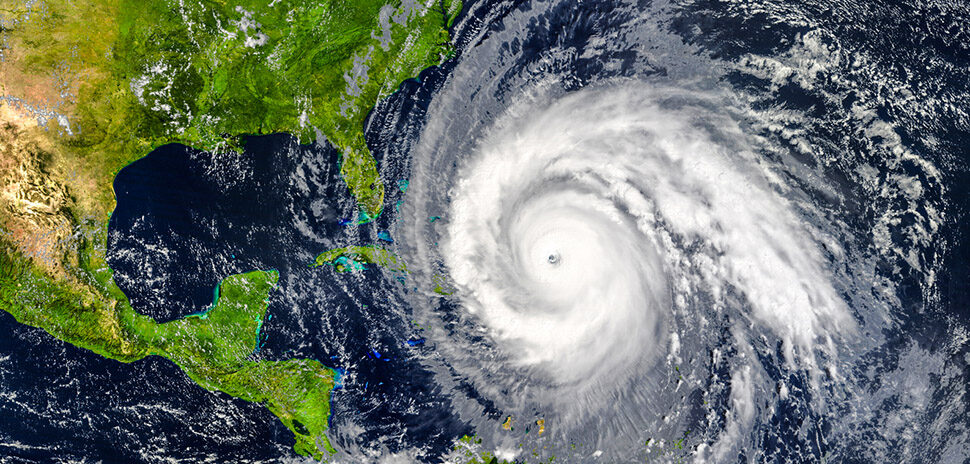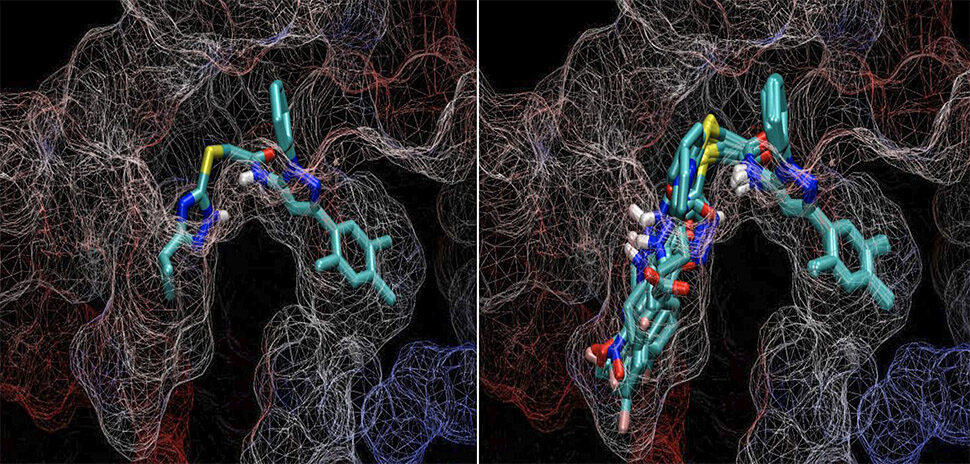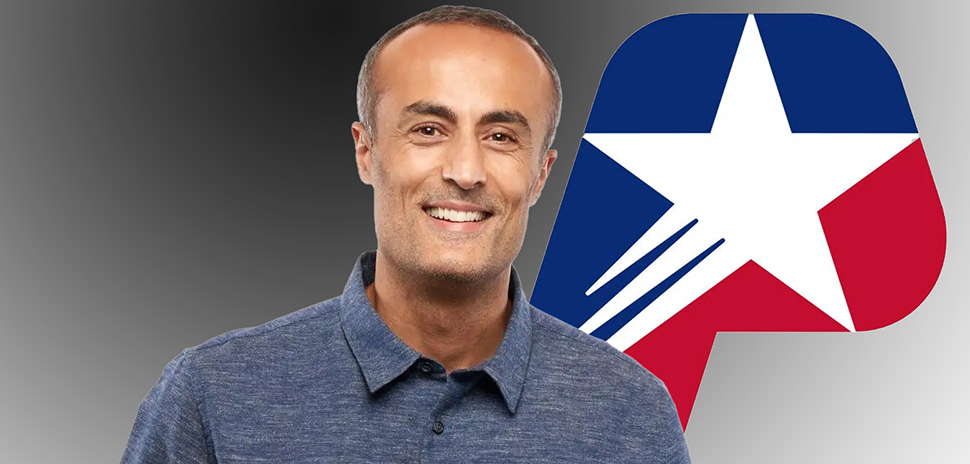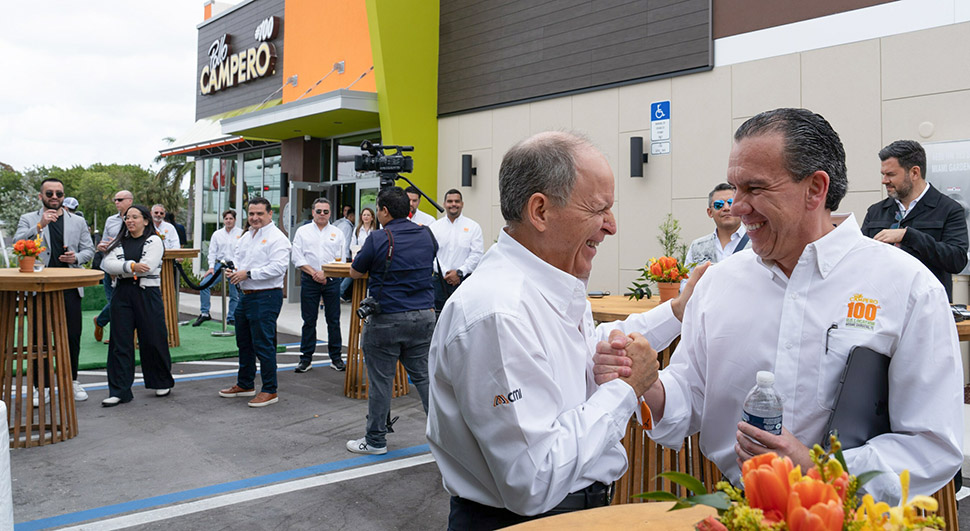![]() Every week, we do a little research of our own. We’re looking for scientists, professors, engineers, entrepreneurs—anybody, really—engaging in research and development across North Texas.
Every week, we do a little research of our own. We’re looking for scientists, professors, engineers, entrepreneurs—anybody, really—engaging in research and development across North Texas.
There’s plenty of good work being done. If you want to put R&D under your microscope, sign up for our e-newsletter.
UTA team researches ways to recycle fracking wastewater
Most of us know about the process of hydraulic fracturing as “fracking,” which injects water into the ground to prod oil and gas to the surface from underground reserves.
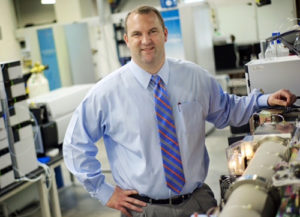
Kevin Schug [Photo: Courtesy UT Arlington]
One of the byproducts of fracking is wastewater—a.k.a. produced water—which can be recycled and treated for reuse.
A research team at the University of Texas at Arlington published three new studies suggesting a process called forward osmosis, is a viable remediation method to treat fracking wastewater.
“We must find economical tools with the appropriate performance to reclaim water from this large waste stream,” Kevin Schug, the UTA Shimadzu Distinguished Professor of Analytical Chemistry, said in a statement. “This research contributes toward that goal.”
So, what is forward osmosis? It’s a process that uses a semi-permeable membrane to separate water from dissolved solutes within it. It requires less energy and has a wider application potential than the reverse osmosis process.
According to Schug, the research is based to a major degree on the doctoral thesis of Tiffany Liden, a post-doctorate in his research group. A global company that specializes in chemicals and materials science—Japan-based Asahi Kasei—collaborated on the papers and the continuing research.
UNT prof tackles global food insecurity from the soil up
A professor at the University of North Texas College of Engineering is tackling the global problem of food insecurity with the help of a $2.5 million grant from the National Science Foundation.
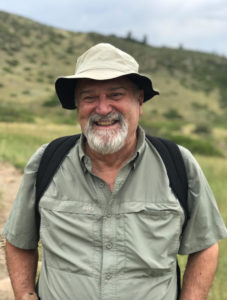
Prof. Miguel Acevedo
Regents Professor Miguel Acevedo, who also is a scientist with the Advanced Environmental Research Institute, is clearly willing to get his hands dirty to further his research.
Acevedo is looking for a high amount of salt in agricultural soil and irrigation water in regions with limited water or where traditional fertilizer and irrigation management have altered water and soil quality, according to a statement. It’s a problem that affects crops in those areas and leads to a decrease in food production and long-term soil and water degradation.
“Our goal for this project is to increase crop yield in these areas by improving irrigation water quality and restoring soil fertility by using its microbes, thereby reducing fertilizer applications and trapping carbon in the soil instead of releasing it to the atmosphere,” Acevedo said in the statement. “Ultimately, this integrative method leads to a combined increase in food production and environmental quality, and a reduction of global warming.”
Acevedo and his interdisciplinary team of researchers plan to approach the problem with a FEW (Food-Energy-Water) system that will integrate food production, soil nutrients, and water quality, along with desalination and renewable energy. His team includes electrical engineering staff researchers Breana Smithers and Keith Mallory as well as Ph.D. student Sanjaya Gurung.
UTSW makes discovery in cancer treatment dosage, timing
Research being done at the UT Southwestern Simmons Cancer Center suggests that timing and dosage may be critical in treating some forms of cancer.
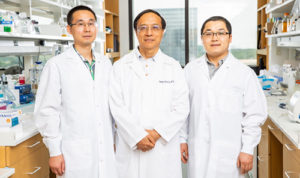
Drs. Chuanhui Han, Yang-Xin Fu, and Zhida Liu are studying timing and dosage effects on cancer treatment. [Photo: Courtesy UT Southwestern]
The research indicated that changing the common dose and timing of two therapies greatly reduced tumor relapse and lessened effects in mouse models of kinase mutated breast cancer and lung cancer.
The study suggests that providing the two therapies as a short course, first-line treatment could possibly achieve better results than the current practice of providing one treatment earlier on and the other treatment only if tumors relapse. This research was published in Science Immunology.
“This study reveals the importance of the proper combination and timing of tyrosine kinase inhibitors and immunotherapy such as the programmed death-ligand 1 (PD-L1) inhibitor, also known as immune checkpoint blockade. If borne out by future research, these findings might open new treatment avenues for many cancer patients,” Dr. Yang-Xin Fu, a corresponding author, professor of pathology, immunology, and radiation oncology, and a member of the Harold C. Simmons Comprehensive Cancer Center, said in a statement.
You can find out more about the research here.
READ NEXT:
![]()
Get on the list.
Dallas Innovates, every day.
Sign up to keep your eye on what’s new and next in Dallas-Fort Worth, every day.











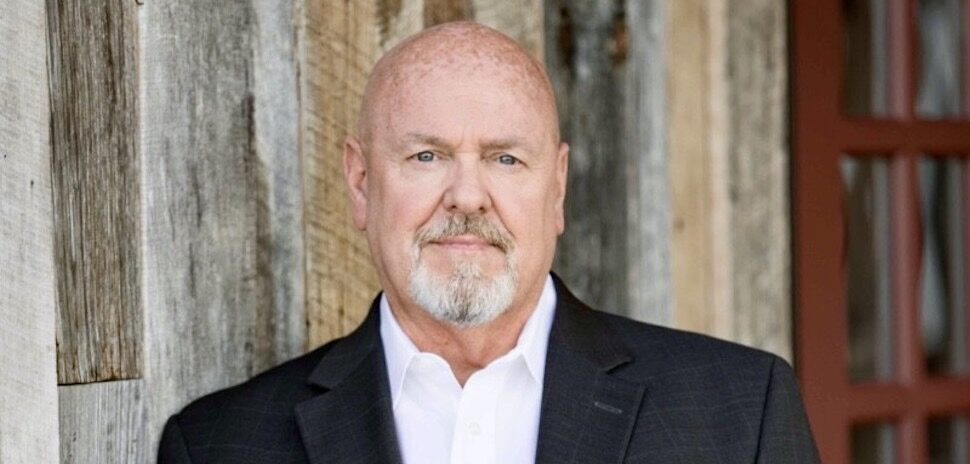
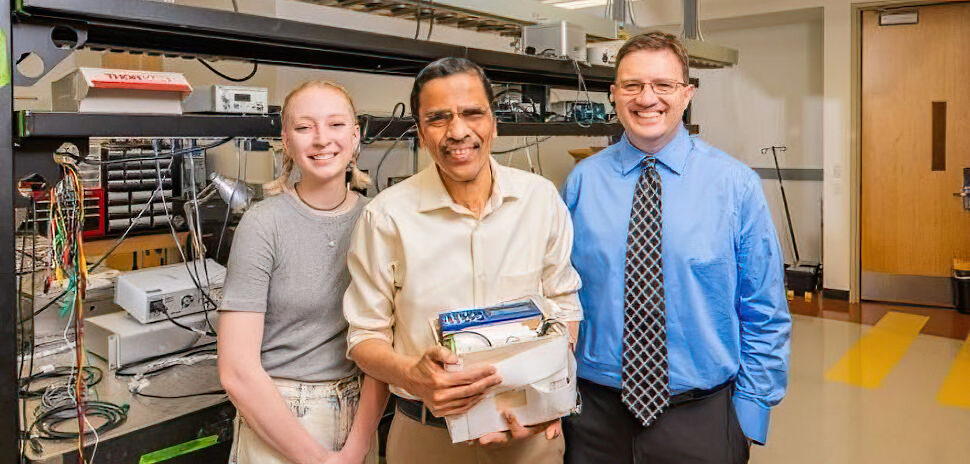
![Pudu offers many commercial service robots. Free 1-week trials of the PuduBot food delivery robot (far right above) are being offered to Dallas restaurants for a limited time. [Image: Pudu Robotics]](https://s24806.pcdn.co/wp-content/uploads/2021/11/Pudu-Robotics-970x464.jpg)
